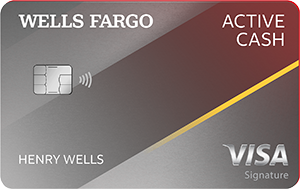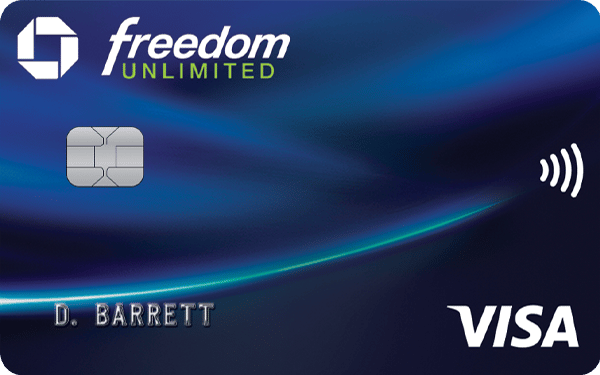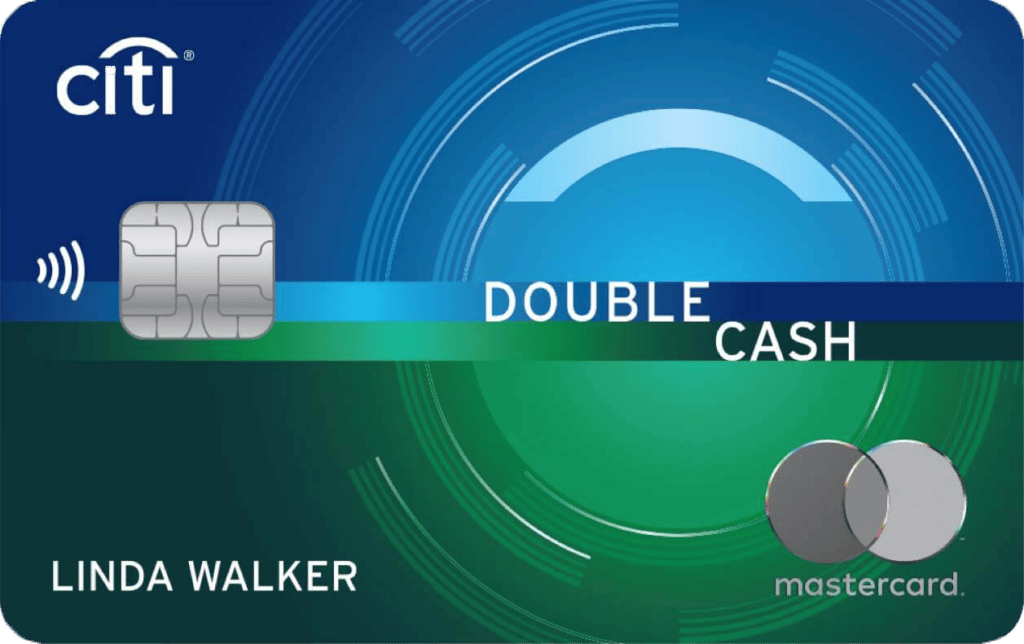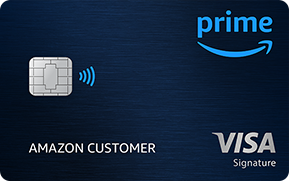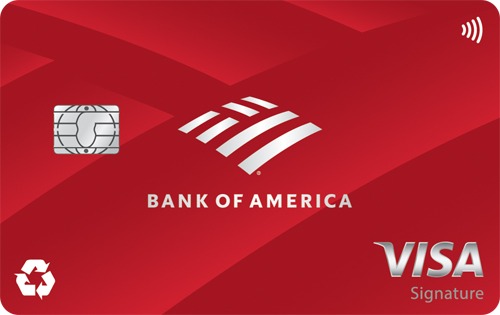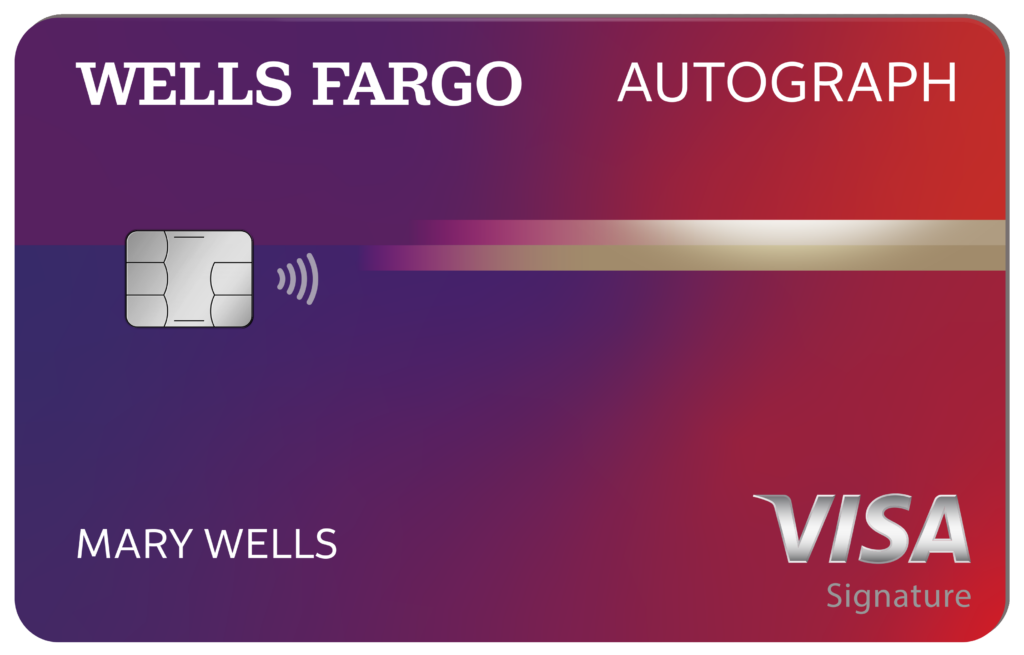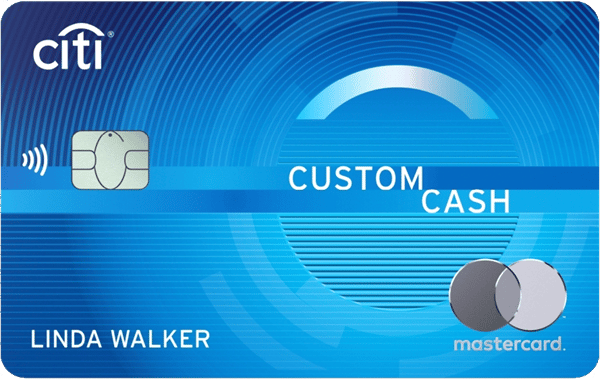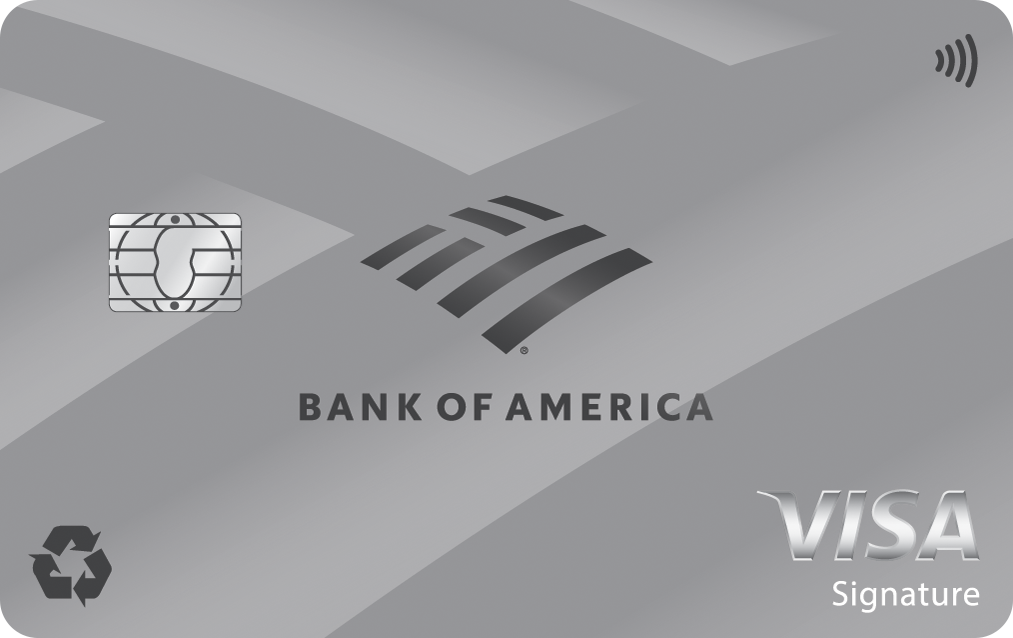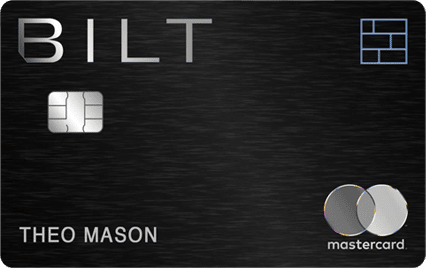*See Mastercard Guide to Benefits for details. The benefits and services as further described in the Mastercard Guide to Benefits are provided solely by Mastercard International Incorporated. PayPal and Synchrony Bank do not endorse, recommend, warrant or take responsibility for these offered benefits.
The PayPal Cashback Mastercard is issued by Synchrony Bank pursuant to a license by Mastercard International Incorporated. Mastercard, Tap & Go and the circles design are registered trademarks of Mastercard International Incorporated. The Contactless Indicator mark, consisting of four graduating arcs, is a trademark owned by and used with permission of EMVCo, LLC.
What Is a Credit Card Annual Fee?
An annual fee is a set cost you are charged yearly for using certain credit cards. That fee is applied to your account as soon as you are approved for a card if it has an annual fee. You will see that same charge on your card anniversary each year.
If you don’t pay the annual fee, it will accrue interest and could affect your credit score, like any other unpaid charge on your credit card bill. An annual fee will also affect your credit card limit. For example, if you applied for a card with a $5,000 credit limit and the annual fee is $95, your new credit limit will be $4,905 until you pay your bill. Keep this in mind if you are hoping to use your new card for a big purchase right after signing up.
Pros of No-Annual-Fee Cards
- No extra charge to remember or budget for
- Can help build credit history
- No extra fee to impact credit utilization ratio
Cons of No-Annual-Fee Cards
- May have fewer perks than cards with annual fees
- Could have smaller welcome offer
- May outgrow the card’s benefits over time
Common Benefits of No-Annual-Fee Credit Cards
A credit card with no annual fee can be worth it, especially if you’re looking to boost your credit score, increase your credit limit or just add another solid card to your wallet. Here are the common benefits of a no-annual-fee credit card:
- More rewards value: It depends on the card, but you could come out ahead with a no-annual-fee card compared to one with a yearly cost. You won’t have that expense to deduct from any rewards you earn, so it’s worth doing the math to see if a no-annual-fee card could pay off for you.
- Easier to budget: No annual fee means one less thing to remember to pay. If you’re watching your spending or have a big purchase to cover, this is one less expense to deal with.
- Can build credit: If you’re looking to build credit history or boost your credit, a no-annual-fee card could be the way to go. Just pay your bill in full and on time and you’ll see improvements to your credit score.
- 0% APR Intro offers: Several no-annual-fee cards come with an intro 0% APR for a year or even longer. This can help you pay off a large purchase over time without paying extra for interest.
- Decent travel benefits: Some no-annual-fee cards offer nice travel rewards and other perks, without the yearly charge. Look for cards with no foreign transaction fees and decent rewards rates that fit your travel habits, especially if you don’t want the hassle of managing more complex travel rewards cards.
 Related Article
Related Article
How No Annual Fee Credit Cards Can Save You Money and Earn Rewards
When to Use No-Annual-Fee Cards
A no-annual-fee card isn’t for everyone, but here are some instances when you might want to use one:
- You’re a new credit user: If you’re just dipping your toe in the credit card game, starting with a no-annual-fee credit card can be an affordable way to do it.
- You only use cards occasionally: If you don’t whip out plastic for every purchase, then a rewards card with an annual fee might not be worth your time. Instead, a no-annual-fee card can be useful in cases of emergencies or for added protection online and for gas station purchases.
- You want to consolidate debt: A no-annual-fee card can come in handy if you qualify for one with a 0% intro APR offer on balance transfers. These can give you a long time, usually 12 to 18 months, to pay down your bill—without getting hit with new interest charges. Just be aware that if you don’t pay your bill in full before the intro period ends, you’ll start incurring interest.

Should I Get a Loan to Pay Off Credit Card Debt?
How to Choose the Best No-Annual-Fee Credit Card for You
With so many cards and benefits available, it can be hard to choose a credit card, but here are some factors to consider to pick the right no-annual-fee credit card for your situation:
- Rewards rates and categories: Check out what types of rewards various cards offer and compare them against your typical spending. For example, if you commute a ton, look at cards with higher rates on gas purchases. If you love to dine out, look for a dining credit card that rewards you more for doing so.
- Sign-up bonus: Many cards offer enticing welcome offers, so do a little math and see which ones you can easily meet with your regular spending. If you’d have to spend $4,500 in three months and that’s way outside your budget, for example, you’d be better off going for a smaller welcome bonus with a spending threshold you can meet.
- Intro APR offer: If you have a big purchase coming up, look for a no-annual-fee card with a 0% intro APR offer to take advantage of a no-interest period to pay down that expense.
- Card upgrades: Not all cards have upgraded versions, but if you think you might want to move up to a card with bigger perks down the road (often in exchange for an annual fee), see if the card you’re interested in has an upgraded version you could move to in the future.
Are Credit Cards With Annual Fees Worth It?
A credit card with an annual fee is worth it for people who can get more out the card’s benefits than what they spend on the annual fee. For example, if a card’s annual fee is $95 but you can easily get $300 out of rewards or other perks, that annual fee is probably worth it. Look at the full scope of a card’s benefits and calculate the value you’re likely to get. This could include things like cash back earned, a discounted membership, anniversary points or even a free hotel stay, depending on the card.
A credit card with an annual fee is typically not worth it for people who don’t spend a lot on their credit cards or can’t make back that cost with the card’s perks.
A credit card with an annual fee may not be worth it if you:
- Don’t spend much on credit cards
- Don’t want the hassle of calculating or earning rewards
- Can’t earn back the fee with the card’s perks
Quick Tip
If you’re on the fence about an annual fee card, take a look at the bonuses and additional perks that come included, then see if you can assign a dollar value to those features. Collectively, you may find that you’re getting more value out of the card than the annual fee is worth.

I Used to Hate Annual-Fee Credit Cards — Here’s Why I Was Wrong
Methodology
This list does not represent all of the no annual fee credit cards available today, but rather some of our all-around favorites. We took a look at cards that are fee-free while also offering great rewards and cardholder benefits. Many of these benefits make them competitive even against some of the annual fee cards on the market.
Between the cash back offered and benefits provided, these cards can both save you money each year and make life easier every time you spend.
Frequently Asked Questions
-
Many cards charge annual fees so they can offer more rewards to cardholders. In order to attract new cardholders with spectacular sign-up bonuses and perks, they need to offset the cost with annual fees.
-
You should see the charge for your annual fee on your first credit card statement. Some cards waive the annual fee for the first year. The annual fee for that card would then occur on your first anniversary of opening the card. Usually, you will see a one-time charge on the first day of your anniversary month. For example, if you opened your new card on January 15th, 2020, you should expect a one-time charge for the annual fee the first week of January 2021. Many cards offer anniversary gifts each year, such as a travel credit. If your card does offer annual credits, they will be available at the same time as your annual fee is charged.
-
With rewards cards, the term “other purchases” typically refers to eligible purchases made outside of bonus categories or spending categories. Cash rewards rates are usually lowest on spending categorized as “other purchases.”
-
It’s often better to have no annual fee for a credit card because then you don’t have to worry about maximizing rewards to offset that cost. But if you can get a lot out of the rewards and other perks on a card that outweigh the annual fee, it might not be an issue. When deciding on a new credit card, weigh the fees against the perks to make sure you come out ahead financially.
-
Yes, many no-annual-fee credit cards do have other fees, including:
-Foreign transaction fees
-Late fees
-Interest fees
-Cash advance fees
-Balance transfer feesLook at a credit card’s terms (usually linked on the card website) to review the fees you might incur for using the card.
-
Ways to switch to a credit card with no annual fee include:
-Call the issuer and ask if they will waive the fee. This works better if you’ve been a customer for a while and have a history of paying on time.
-Ask the issuer to downgrade you to a no-annual-fee credit card. You’ll usually keep your credit history intact (unlike if you close the card), and the issuer can switch you without re-checking your credit.
-Close the card and open a one with no annual fee. Closing a card could lower your credit score because the length of your credit history plays a role in your score. But if you have several other cards or have excellent credit, this is less likely to affect you much. -
You can sometimes get your annual fee waived by calling the issuer at the number on the back of your card or on the card’s website. Politely tell the customer service person you would like to request a waiver. If you have a history of paying your bill and using your card, share that with the representative as incentive to waive your fee and keep you as a customer.
Sometimes this works and sometimes it doesn’t, but it’s worth a try, especially if you’re seriously considering closing the account.
-
Yes, you can ask for an annual fee to be waived. Call your card’s customer service line and politely make the request. Results vary with these calls and it’s best to be kind and understanding if the representative can’t honor your request.




